Advertisement
For Soldiers At War, A Rewiring Of Their Sense Of Right And Wrong
ResumeGiselle Sterling, 31, served in Afghanistan with the Marine Corps. Her father, Nelson Sterling, was also a Marine. He was on a ship during the Vietnam War.
The two are just now beginning to compare their experiences of war.
At her dad's house in New Hampshire, Giselle pulls his Marines yearbook off the shelf — 1970. She searches for Platoon 337.
"Are you in this?" He's somewhere in there.
"There you go. Oh my God. It's hilarious," she says. "With an M-16 on the rifle range."
"I remember finding some of your ribbons and just being at awe at them. But never having the guts to ask you about it," Giselle says. "Like, 'Oh, my dad's a Marine?' It was kind of magic to me."

Nelson was 19 when he joined the Marines straight out of high school.

"It was 1969 and my parents were surprised. Especially my father," he says. "He was very much opposed to me going into service at all. He disagreed with what was going on in Vietnam. And to him it was more, if you don't believe in what's going on, you shouldn't serve.
"But my perspective was, 'I live in this country. I've been here since I was 10 years old, and this is my home — so I have to serve.'"
It was during the Vietnam War, and Nelson — an immigrant from the Dominican Republic — was assigned to a ship. He was deployed across the Pacific and served in the Philippines, Vietnam, until 1973.
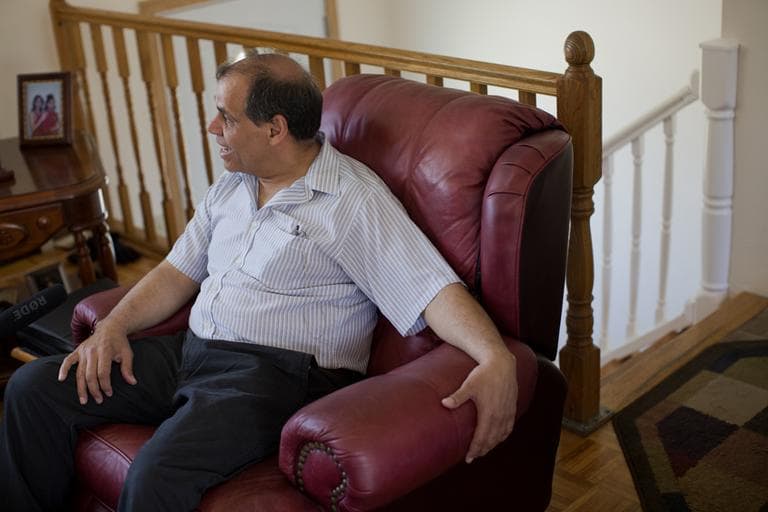
Despite his own service, Nelson hadn't expected that his daughter would follow in his footsteps.
"I just brought a recruiter home and was just like, 'This is what I want to do. What do you think, mom and dad?'" Giselle recalls.
The moment took him by surprise. "She had already made up her mind. We didn't discuss it. Everything was done, right there and then."

"She was gone in a week or two," he added.
Giselle deployed to Afghanistan in 2002. She left active duty two years later and now works for the city of Boston's veterans' services office.
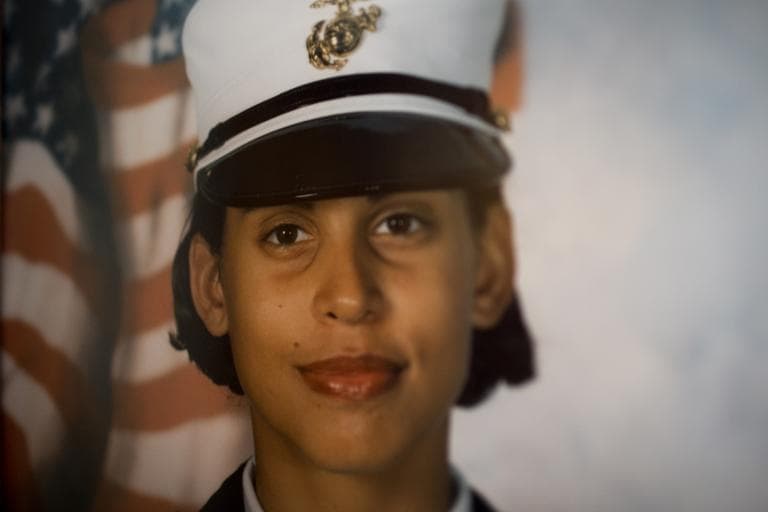
"My role was so far from the action, if you want to call it that, but it definitely played a direct role in the actual war," she says.
Staff Sgt. Giselle Sterling was a radio operator — a communications expert — responsible for connecting the Marines in the air with the Marines on the ground.
"Nowadays, it's all about air control. If guys in planes don't know where to go, then they can't drop bombs or shoot wherever the need to shoot or put in suppressing fire," she explains. "In a sense, as a communications operator, I was aiding in that way.
"And I will never know who was hurt, harmed or maimed at my keeping a radio line open. But the human aspect never hit me while I was there."
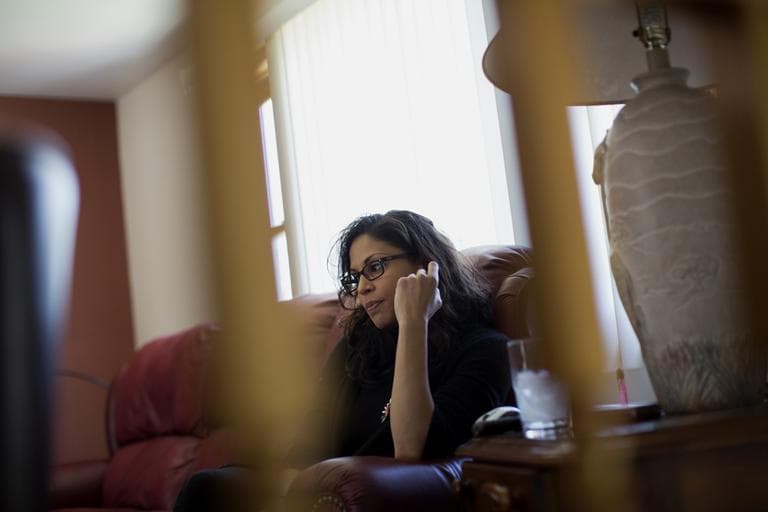
Giselle's experience away from the front lines in Afghanistan wasn't so different from the way her father interpreted his time deep within the Vietnam War decades earlier.
"When you're in a place like that, you're not thinking in terms of what's right or wrong or moral," Nelson says. "You're placed in a situation where survival has to come into play. That is what occupies your mind most of the time.
"When I think of my having been in Vietnam at that time, the idea of Vietnam, what we were doing there, you don't want to think about things. You don't have the luxury of being sentimental or moralistic when you're in a place like that. You have to become somewhat mechanical."
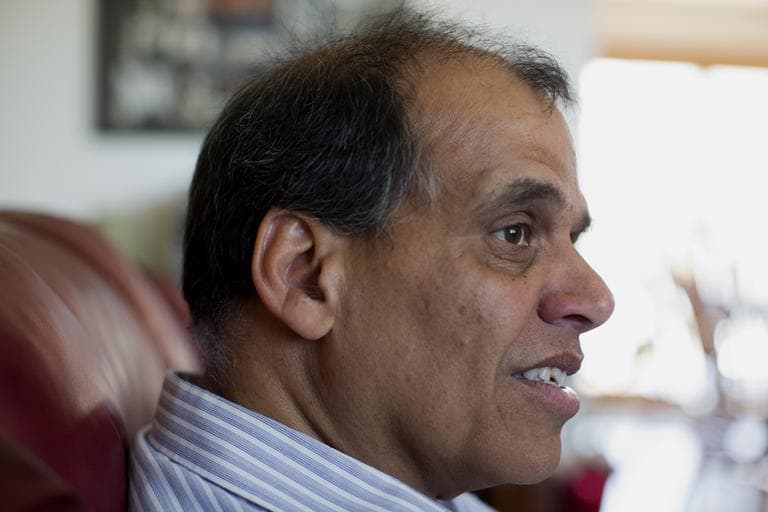
"You're brought up to consider that killing is wrong," Nelson says. "But now there's an exception."
"You, in a way, are the first victim, because of the way you are taught to think," Giselle adds. "That's the way they rewire you."
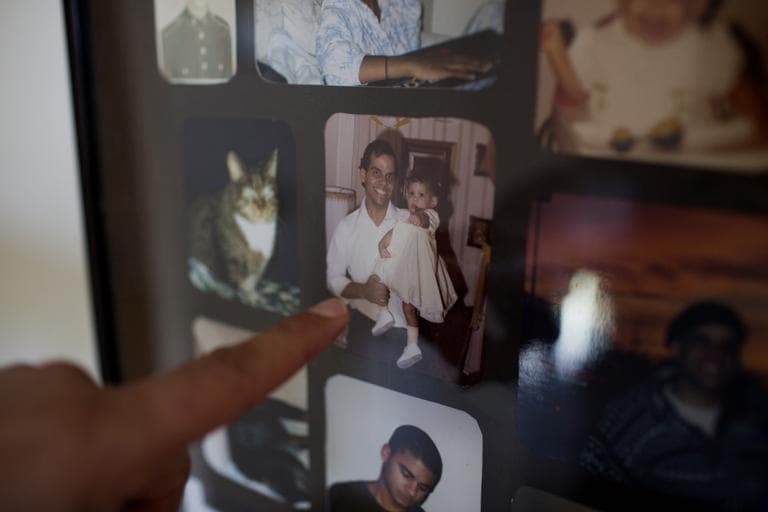
"So you definitely have changed," Nelson says. "And I don't think there's ever a coming back to who you were."
"Now the big question is," Nelson begins.
"What do we do afterwards?" his daughter finishes.
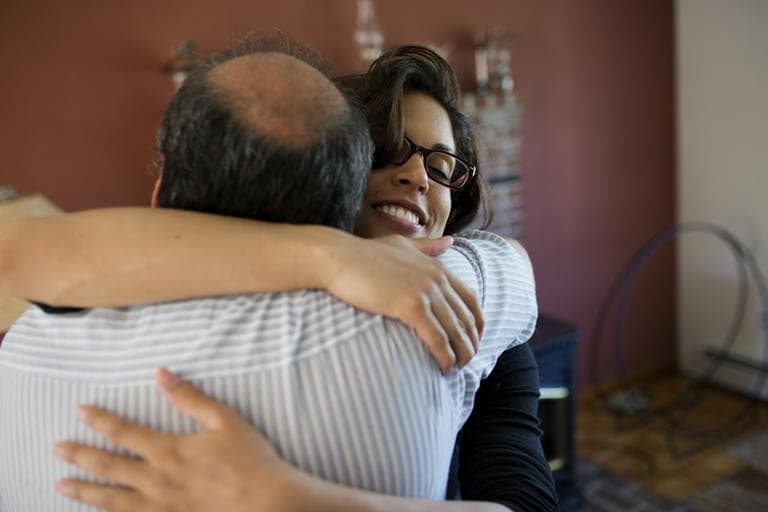
"I think after you get out is when you start thinking," Nelson says. "And that's the hard part."
This program aired on June 27, 2013.